I'd recommend using one of the SRS tools, such as "Anki" and download decks that are appealing to you. You can go with dedicated Kanji decks, but also throw in some vocab / grammar decks and work through the JLPT lists. They work by quizzing you and understanding which words you don't know, and then repeating these regularly, and giving lower priority to words you do know. Typically it is set to 20 words a day (per deck), and if you have a tablet you can just do it when travelling, or having a coffee etc.
As for reading before speaking, I find reading far far easier than speaking, and once you start picking up Kanji things sometimes become easy to understand just by looking at the different Kanji in the sentence.
Speaking requires a knowledge of sentence structure and doing this in your head while thinking of the right words to express your meaning. Reading initially just requires a knowledge to translate words and you can rearrange them in your head without thinking about it.
For example, if you read, "John", "slow" and "to run" in a sentence, easy to translate to "John runs slow", whereas speaking you'd need to know the particles, where each word should be placed in the structure, conjugations (verb and adjective) etc. I guess it depends if you are wanting to read aloud though, as knowing the meaning, and the pronunciation are two different things.
I tried Heisig, couldn't get on with it at all, too American for my tastes (a few baseball references), plus, it teaches you them in a really weird order. I would start with the jyouyou Kanji, or JLPT Kanji, and then master each set along with a couple of compound words using that Kanji.
If you have a tablet, something along the lines of "Obenkyo" (which uses JLPT levels) or "Kyouiku Kanji" (which is based on school years) are good tools to sit and practice with when you are bored.



